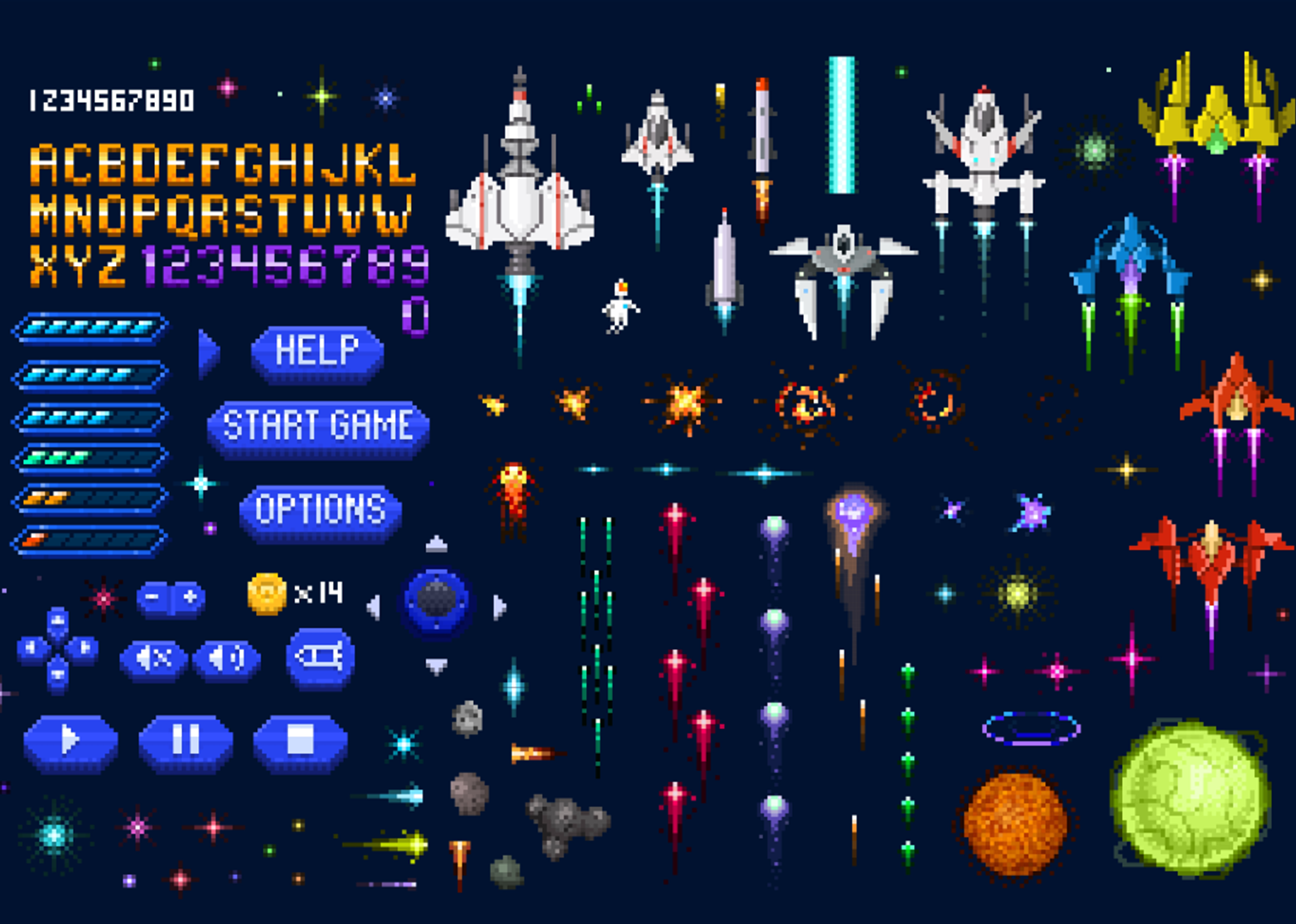This program is not currently accepting new students.
NHTI's Animation and Graphic Game Programming degree program is a mix of computer science, software engineering, game development technology, and project management. You'll use the latest technology and tools, including Unreal and Unity, in academic labs with machines and tech including VR/AR/XR technology. The AGGP degree program is managed, maintained, and updated by an industry professional with Batman and Marvel on his resume. You'll develop an online portfolio displaying your talents, skills, and ability to work within a team. The portfolio is used to help obtain a job and for entrance into schools.
Applicants are required to have one of the following:
- At least three years of college preparatory mathematics (Algebra I, Algebra II, and Geometry) with minimum grades C or higher
- College board Math SAT or other formalized testing with a score that places applicant into Math 124C/XC or higher-level course
- Completion of one or both AGGP Math electives with a C or higher
AGGP graduates are strong programmers prepared for an entry-level programming job in the game industry, a related field, or programming.
First Year
Fall Semester
Spring Semester
Second Year
Fall Semester
Spring Semester
Program Learning Outcomes
Upon completion, graduates of the AGGP degree program are able to:
- Program in multiple programming languages and environments using object-oriented and procedural programming techniques to create and debug sophisticated software applications using different operating systems, device platforms, application frameworks, or game engines.
- Analyze problems including proposed features and technical issues, decompose them into sub-problems, and develop appropriate solutions.
- Demonstrate initiative to prototype and develop solutions using documentation and research.
- Apply math and physics to develop solutions for proposed features or technical issues.
- Demonstrate discipline-specific project management and teamwork skills.
- Apply theoretical and practical knowledge to analyze and solve complex problems.
- Gain proficiency in the technology and methods used in professional game development.
- Communicate effectively with an expected level of effectiveness.
Students learn:
- Programming tools used in the industry, such Microsoft’s Visual Studio
- Multiple programming languages, including C++ and C#
- Applications and asset pipelines for art and design content
- Development for multiple platforms, including PC, Linux, mobile, consoles, VR/AR/XR, and the web
- Software engineering for complex and robust applications
- Project management tools and techniques, including Source Control and SCRUM
- Database development and networking programming
- Math and physics for games
- Opportunities for game publication in the web marketplace


